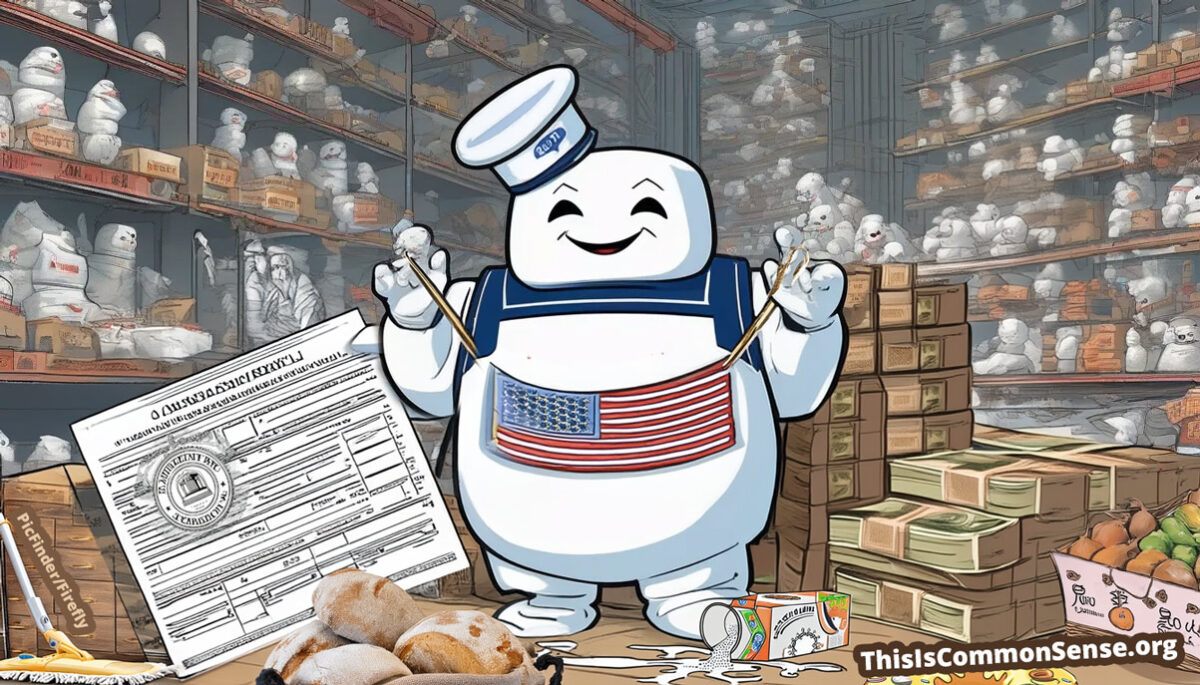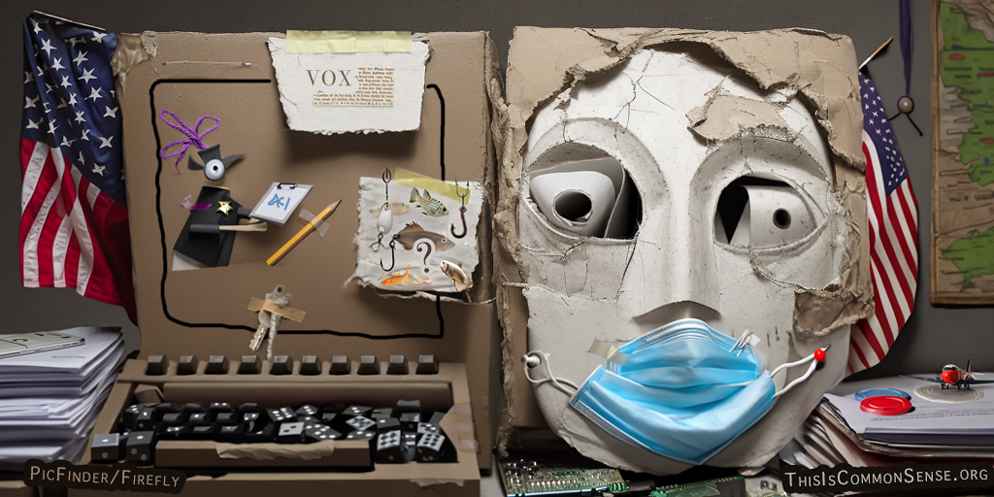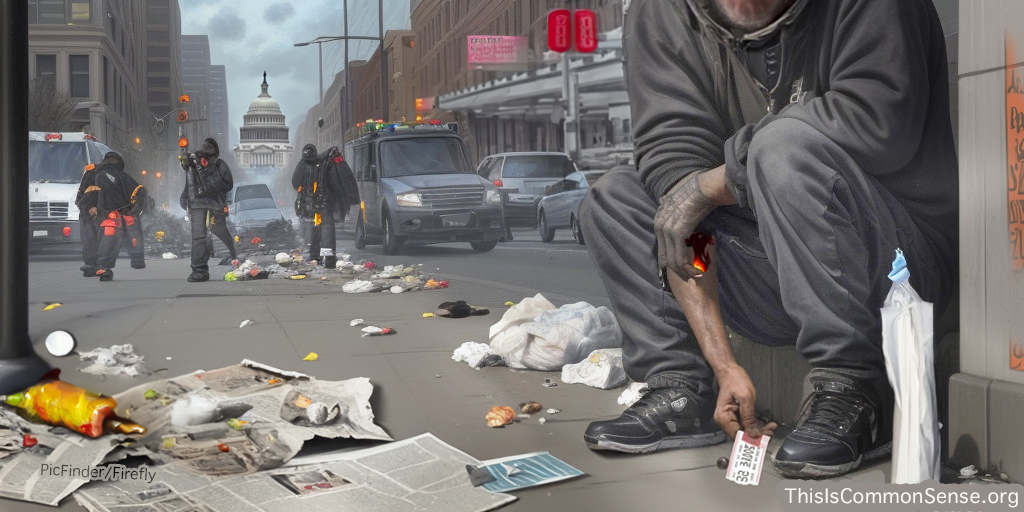It appears that recipients of “food stamps” (the Supplemental Nutrition Assistance Program, or SNAP) “often have lower diet quality and higher rates of diet-related health issues compared to non-participants,” according to an article in healthjournalism.org.
“While it’s unclear whether SNAP directly causes these outcomes or if other factors are at play, some argue that the program, at minimum, sustains unhealthy eating habits by not restricting purchases of nutritionally poor foods.”
Among the “some” who argue for restrictions is Robert Kennedy, Jr., head of Health and Human Services. He promises to purge unhealthy foods from the subsidy list.
Currently, the taxpayer-funded “benefit” may “be used for ‘any food or food product intended for human consumption,’ except alcohol, tobacco and hot foods, including those prepared for immediate consumption. Critics argue that SNAP’s allowance for purchasing sugary snacks, soda and junk food promotes unhealthy eating habits, which can lead to obesity and other related health issues.”
The critics are undoubtedly correct; indeed, the proposed limitations will almost certainly be too tame.
If the program must exist, it should do good without enabling demonstrable harm. So instead of a cumbersome and extensive list of prohibited food items, there should be a concise list of allowed categories:
- uncooked meats and dairy products without added sugars
- fresh, frozen, dried, and canned beans, fruits and vegetables
- staple ingredients of traditional meals, such as flour, spices, and oils
Some rail against any idea of restricted benefits, but government handouts are not there to expand the “freedoms” of the poor; they are provided to help folks weather hard times.
The freedoms of taxpayers have already been sacrificed for their sake. Forcing taxpayers to watch SNAP’s EBT card users in the grocery line buying candy and sodas adds insult to the benefactors while injuring the beneficiaries.
This is Common Sense. I’m Paul Jacob.
Illustration created with Krea and Fireflly
See all recent commentary
(simplified and organized)
See recent popular posts









